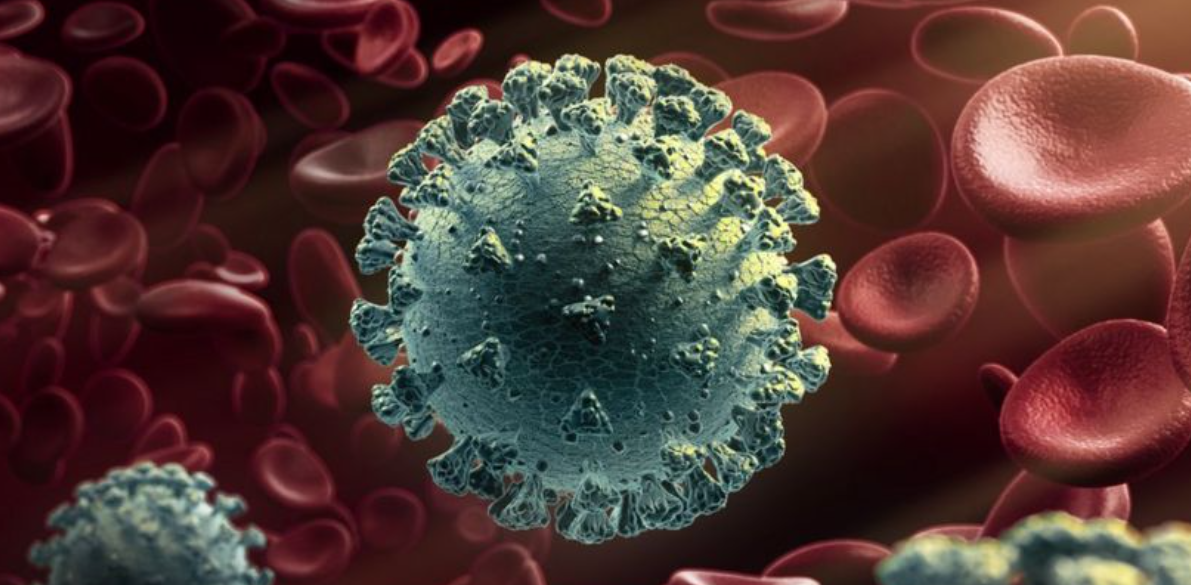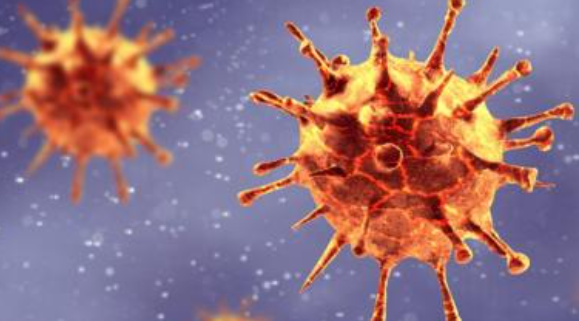
Indian Variant mutations


Covid 19 officially known as B.1.617 was first detected in India back in October. Sample testing is not widespread enough across India to determine how far or quickly the variant is spreading. It was detected in 220 out of 361 Covid samples collected between January and March in the western Indian state of Maharashtra and has also been spotted in at least 21 countries according to GISAID global database. International travel appears to have brought the variant to the UK, where 103 cases have been identified since 22 February. Scientists do not yet know whether this variant is more infectious or resistant to vaccines.
The UK variant is dominant in Britain and has spread to more than 50 countries.
“ I doubt whether the Indian variant is more infections than the UK variant and we must not panic”, Dr. Kamil, a virologist at Louisiana State University, as these mutations may help the virus evade antibodies in the immune system that can fight coronavirus based on experience from prior infection or a vaccine. Data around the Indian variant is incomplete, scientists say, with very few samples being shared – 298 in India and 656 worldwide, compared with more than 384, 000 sequences of the UK variant. After the first recorded cases in India, fewer than 400 cases of the variant have been detected worldwide, Dr. Jeremy Kamil says.
“ India’s high population and density is the perfect incubator for this virus to experiment with mutations,” says Ravi Gupta a professor of clinical microbiology at the University of Cambridge.
The wave of cases in India could have been caused by large gatherings, and lack of preventive measures such as mask-wearing or social distancing.
Some variants will inevitably escape the current vaccines, according to a paper published in Nature by Professor Gupta and his fellow researchers and vaccine design will be needed to make them more effective. Vaccinations now available are still likely to slow down the spread of the disease.
Mutations in the spike gene can make the virus inherently better at infecting people or can help the virus to escape neutralising antibodies.
